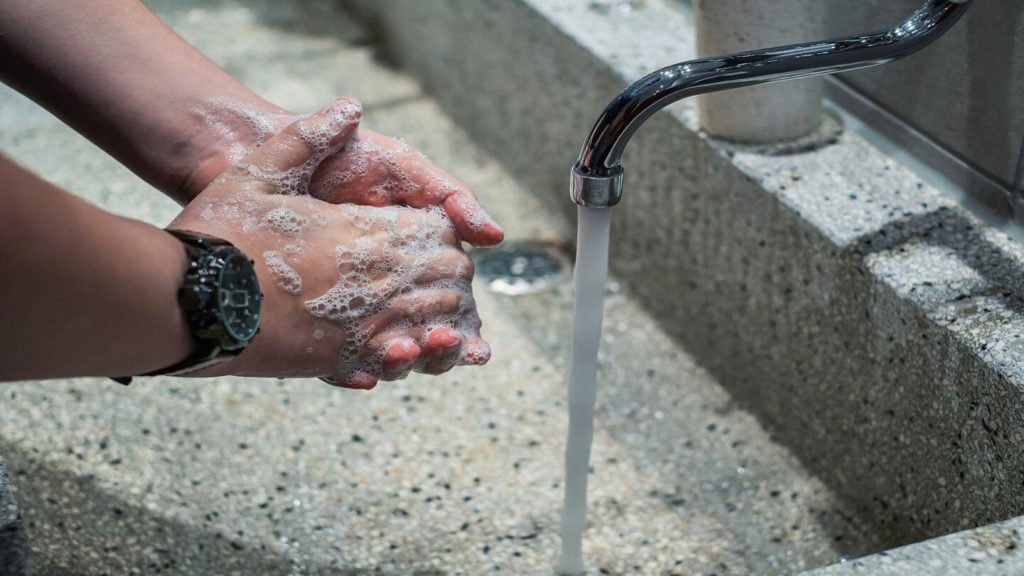Traveling opens doors to incredible experiences, but it also exposes you to countless germs and pathogens that can derail your adventure. Whether you’re in crowded airports, touching airplane tray tables, or exploring bustling tourist destinations, maintaining proper hygiene becomes crucial for a successful trip. The confined spaces of airplanes, trains, and hotels create ideal environments for germs to spread rapidly, making travelers up to 100 times more susceptible to catching illnesses compared to their normal daily routines.
From understanding where germs congregate most to implementing effective prevention strategies, smart travelers know that staying healthy requires proactive measures. With the right knowledge and preparation, you can significantly reduce your risk of illness and ensure your vacation memories are filled with joy rather than sick days.
Essential Hand Hygiene Practices
Frequent and Proper Handwashing
The most effective defense against travel germs is consistent, thorough handwashing. Wash your hands with warm soap and water for at least 20 seconds, ensuring you scrub all parts including between fingers, under nails, and around wrists. Focus on washing hands, especially after using restrooms, before eating, and after touching public surfaces like doorknobs, handrails, and money.
Strategic Use of Hand Sanitizer
When soap and water aren’t available, usean alcohol-based hand sanitizer containing at least 60% alcohol. Keep a travel-sized bottle easily accessible and use it frequently throughout your journey – before boarding, after security checks, and after touching any potentially contaminated surfaces. Apply sanitizer thoroughly, rubbing it over all hand surfaces until completely dry.
Protecting Yourself in Transit
Airplane and Public Transport Safety
Air travel presents unique challenges due to dry cabin air and close proximity to other passengers. Wipe down frequently touched surfaces like tray tables, armrests, seat belts, and entertainment screens with antibacterial wipes before settling in. Consider wearing a face mask during peak illness seasons, as disposable masks provide limited protection compared to higher-quality options.
Smart Packing for Hygiene
Create a comprehensive travel hygiene kit including hand sanitizer, antibacterial wipes, tissues, and personal toiletries. Pack disposable toilet seat covers and sanitizer sprays for public restroom use. Bring your own blankets and pillows when possible, as shared items can harbor germs.
Accommodation and Destination Hygiene

Hotel Room Precautions
Upon arrival, immediately remove bed comforters and avoid placing personal items on potentially contaminated surfaces. Don’t set toothbrushes directly on bathroom counters, and avoid throwing clothing on floors that you’ll later reuse. Use paper towels when touching bathroom fixtures and doorknobs.
Food and Water Safety
Choose restaurants with good hygiene practices and avoid street vendors unless they maintain visible cleanliness standards. Wash fruits and vegetables thoroughly before consumption, and stick to bottled water or beverages from reputable establishments. Eat before arriving at airports to avoid relying on potentially less healthy fast-food options.
Boosting Your Immune System
Hydration and Nutrition
Stay well-hydrated throughout your journey, as proper hydration helps your body fight off infections and prevents nasal passages from becoming irritated. Airplane cabins can cause dehydration of up to 1.5 liters on a three-hour flight. Maintain a balanced diet rich in vitamins and minerals, and consider supplements like vitamin C, zinc, or multivitamins for additional immune support.
Rest and Recovery
Ensure adequate sleep before traveling, as well-rested bodies are better equipped to fight infections. Combat jet lag by adjusting to new time zones quickly, and avoid touching your face, especially your eyes, nose, and mouth, with unwashed hands.
Special Considerations
Public Restroom Strategies
Use toilet paper or paper towels to avoid direct contact with surfaces, and always wash your hands thoroughly afterward. Carry emergency supplies like tissues and disinfectant wipes for situations where facilities may be inadequately stocked.
Maintaining Distance and Awareness
Stay away from visibly ill travelers when possible, and be mindful of crowded spaces where germs spread more easily. If someone in your travel group is sick, maintain distance and avoid touching items they’ve recently handled.

